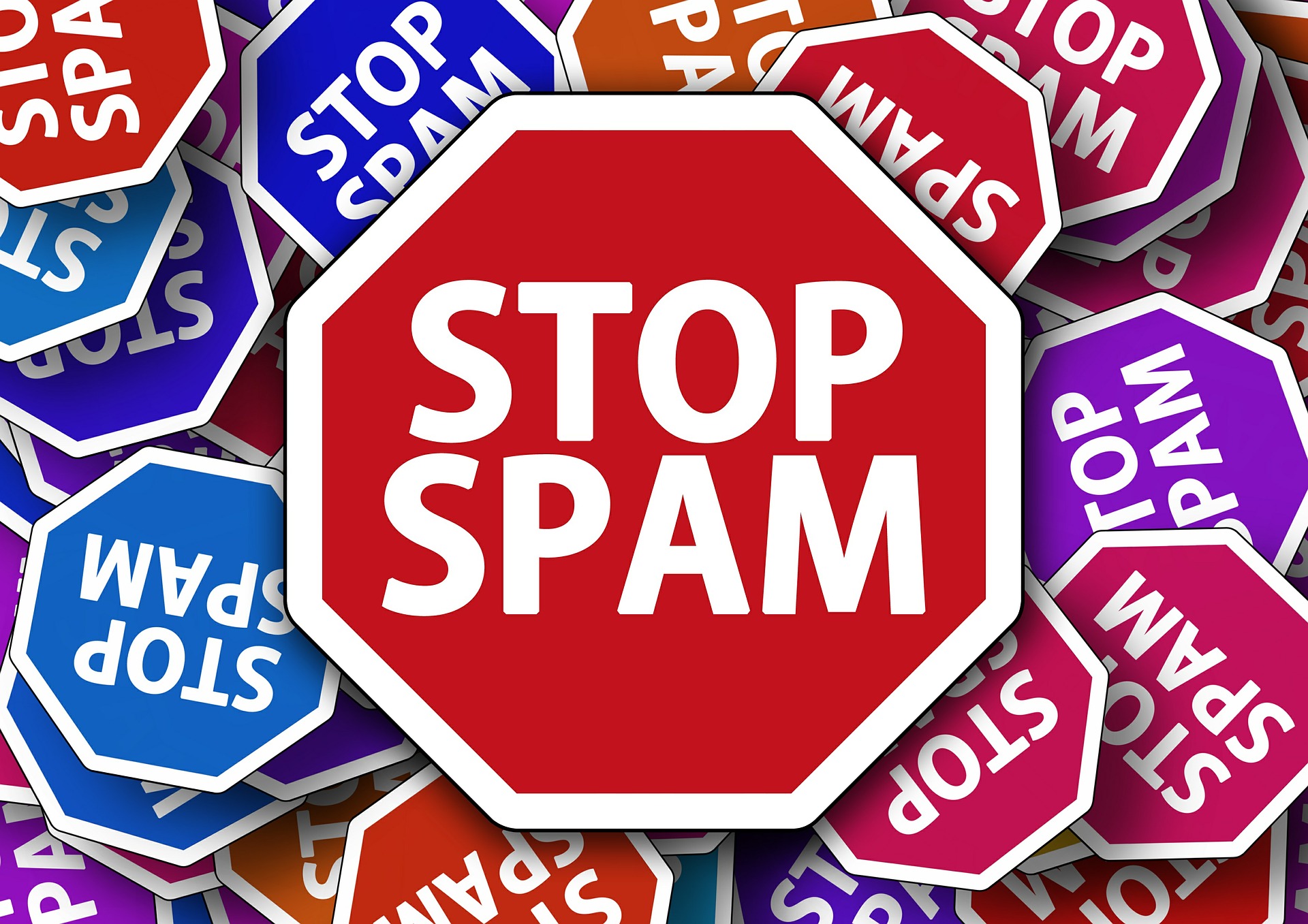
Come July 1, 2017, nothing will be the same for marketers in Canada. CASL will come into force, and it will be its third and final stage. This legislation is one of the harshest in the world, and that’s why both Canadian companies and companies that are operating in Canada have to adhere to it in order to avoid serious penalties. However, many businesses aren’t sure what they’re supposed to do in the light of this new law, and what exactly it means for their marketing efforts.

What is CASL?
CASL is a law made to protect Canadian citizens from all unsolicited electronic messages sent by companies as a part of their “commercial activity” and marketing efforts. According to this law, all Canadian and global companies have to obtain consent from recipients before they start sending any commercial electronic messages (CEMs) within, to, or from Canada. The only exceptions are commercial electronic messages that are routed through Canada. These provisions will affect both Canadian and global companies operating in Canada, meaning that a company from the U.K. will have to obtain consent from each potential recipient if it wants to send a commercial email in order to promote its services. Apart from that, every SEM has to identify the sender and contain the prescribed contact information, as well as a visible and functioning unsubscribe mechanism in order to comply with CASL.
What is a CEM?
A commercial electronic message is any message that is in an electronic format – an email, text message, instant message, and even certain social media messages. In order to be qualified as a CEM, a message also has to be sent to electronic addresses, such as email addresses, instant message accounts, phone accounts, and social media accounts. Finally, a CEM is a message used to commercially promote a business by encouraging the recipient to take part in a commercial activity, and it refers to promoting various products, services, people, or companies. It’s important to state that blog posts on social media, micro-blogging platforms, as well as fax messages don’t fall into this category.
Exemptions
Not all electronic messages are covered under CASL, and there are several exemptions, which means that in these cases you don’t have to include an unsubscribe button or obtain consent. If a CEMs are:
- sent between friends and family members;
- sent within or between (B2B) organizations that have an existing relationship, as well as, messages sent to employees, consultants, and other business associates;
- sent in response to an inquiry or complaint;
- sent as a result of a legal obligation, or in order to enforce a right;
- accessed or opened in a foreign country;
- sent on a behalf of a charity or political organization with the purpose of raising funds and obtaining contributions;
- sent in order to provide warranty or safety information about a product that the recipient purchased;
- sent in order to provide information about a purchase, loan, bank account, subscription, membership, or any other current relationship, including software updates and upgrades;
- sent as a referral. This means that a single message can be sent following a referral, and it has to include the full name of the person(s) who provided the referral, the identity of the sender, and an unsubscribe button;
- sent from instant messaging platforms and social media, which contain a clear unsubscribing mechanism and fully disclose the identity of the sender (LinkedIn, InMail).
Types of Consent
There are two types of consent: implied and express. Implied consent means that you can send CEMs to
- a recipient who has an ongoing business relationship with your company;
- a person who explicitly discloses their personal information, on a website or in a magazine, as well as to a person who gives you their personal information (by giving you their business cards or address);
- a person who volunteered, participated in the work of, or gave a donation to a charity or a political organization.
Express consent is a written or oral agreement given by a person that they agree to receive SEMs from you, i.e. newsletters, promotions, and notifications. What’s important to understand is that from July 1, 2017, all companies will have to obtain express consent from recipients. After this date, they will be allowed to send SEMs only to recipients from whom they obtained express consent, or to recipients whose implied consent is currently valid, which means 24 months after a purchase or 6 months after an inquiry. Express consent is valid until a recipient unsubscribes.
Obtaining Consent
If you want to obtain consent from a recipient you need to provide them with:
- your name or the name of your organization;
- your contact information, including your email address, phone number, or website so that your potential recipients can reach you for more information;
- a description of messages that you will be sending them;
- a clear and free unsubscribe mechanism.
If you are trying to obtain consent on behalf of your client, their name and contact information has to be included, too.
Penalties
If you don’t comply to CALS, you can face serious fines ranging from $1 million for individuals up to $10 million for businesses. Apart from that, penalties include criminal charges, civil charges, as well as personal liability for company officers.
Our CASL Compliant Data service can help you continue with your marketing efforts in Canada. We can also obtain express consent on your behalf, and provide you with quality CASL complaint prospect lists.
Find out what people like you appreciate about us: We provide accurate high-quality leads. All our data undergoes a thorough and comprehensive process of validation. What our clients get are ready-to-use leads that can be turned into sales opportunities right away.
If you still haven’t tried our platform, now is the right time to do it. Just sign up and we’ll give you 50 high quality and up-to-date leads right away.







 Learn how
Learn how